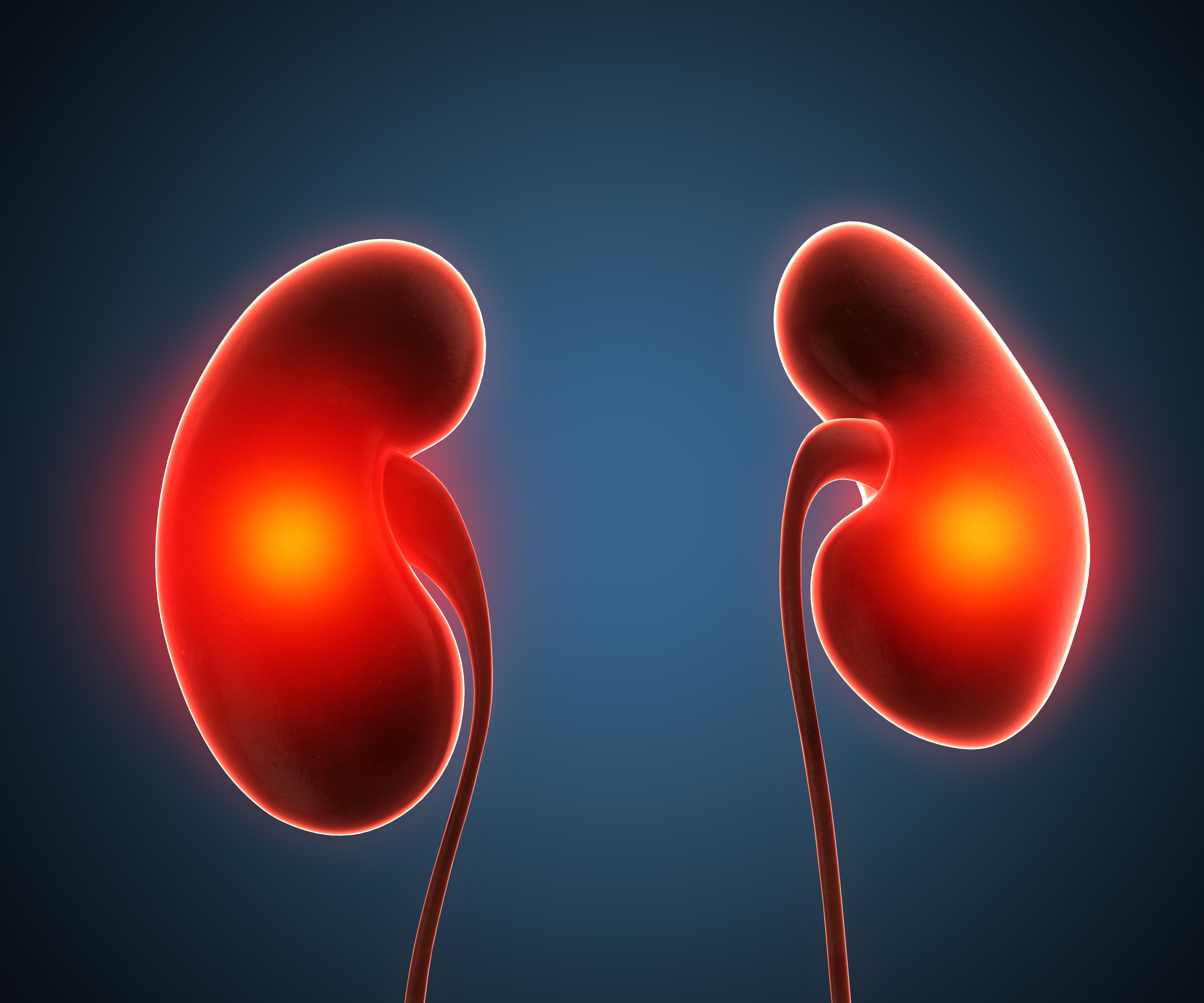Article
Bioequivalence and Immunogenicity of AVT04 Compared with Ustekinumab
Author(s):
Proposed biosimilar AVT04 shows comparable efficacy to ustekinumab.
Christopher Wynne, MD

New data compared AVT04 as a proposed biosimilar with 3 medications including ustekinumab and found no significant differences, indicating that each treatment may be equally effective for their intended use.
AVT04 is a proposed biosimilar to reference product (RP) ustekinumab (Stelara) being developed by Alvotech. In order to gain regulatory approval for a biosimilar, it is necessary to demonstrate that there are no clinically meaningful differences in quality, safety, or efficacy compared to the reference product.
The study stated the primary amino acid sequence of ustekinumab in AVT04 is identical and physiochemical analytical methods and in vitro functional assays have been used to support the demonstration of analytical similarity. The aim is to provide part of the demonstration of clinical similarity required for regulatory approval of AVT04 as a biosimilar to ustekinumab.
A team led by Christopher Wynne, MD, of New Zealand Clinical Research, investigated a three-way bioequivalence between AVT04 and 2 versions of ustekinumab, one approved in the EU (EU-RP), and one licensed in the US (US-RP), in healthy volunteers.
Bioequivalence of Ustekinumab
The clinical trial consisted of 563 individuals, of which 298 participants were randomized and 294 were administered with one of the 3 treatments. At study completion there were 278 participants, with no discontinuations due to adverse events.
Determining the bioequivalence of the treatments based on their mean serum concentration-time profiles was the primary endpoint of the study. Following protein-content normalization, the 90% confidence intervals of the geometric mean ratios were within the prespecified margins of 80% and 125% in all six pairwise comparisons, indicating that the treatments were bioequivalent.
This result was consistent in both the overall pharmacokinetic population and the Japanese subgroup.
However, investigators stated that it's important to note that the full primary endpoint data has not yet been published, and further analysis may be needed to fully understand the implications of these results.
The study groups were well balanced with regard to demographics and baseline characteristics, such as age, weight, and gender. The randomization strata were also well balanced across treatment groups.
Secondary Endpoints
As for the secondary endpoints, the pharmacokinetics data indicated that the mean PK parameters in the AVT04 group were comparable with the EU-RP and US-RP treatment groups, indicating that there were no significant differences in how the treatments were absorbed, distributed, metabolized, and eliminated by the body.
The immunogenicity data showed that the frequency of ADAs anti-drug antibodies (ADAs) and neutralizing antibodies (NAbs) were lower in the AVT04 group compared with the other 2 treatment groups at all time points. Across all groups, the highest positivity rates of anti-drug antibodies were observed at day 92, which was the end-of-study visit.
The frequency of participants with at least 1 positive anti-drug antibodies result was also lower in the AVT04 group compared with the other 2 groups at day 92.
The frequency of ADA-positive participants with at least 1 positive NAb result was also lower in the AVT04 group compared with both groups. By day 92, the median ADA titer was numerically higher in the AVT04 group which supports AVT04. Results suggested the treatment had lower immunogenicity compared with the other study treatments.
References:
Alvotech to Present Clinical Study Data for AVT04, a Proposed Biosimilar to Stelara®, at 2023 American Academy of Dermatology (AAD) Annual Meeting. News release. Alvotech. March 17, 2023. Accessed March 22, 2023. https://investors.alvotech.com/news-releases/news-release-details/alvotech-present-clinical-study-data-avt04-proposed-biosimilar





